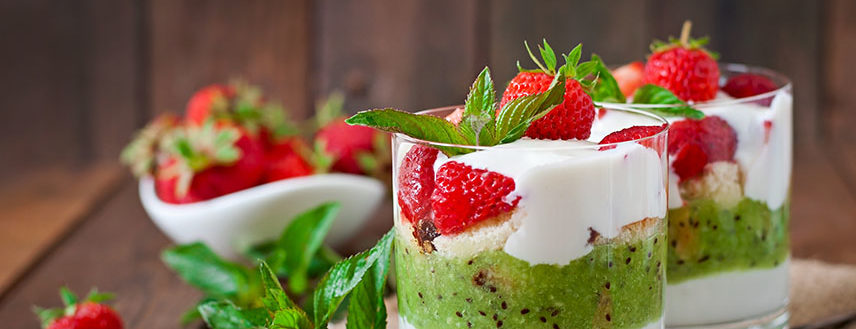
Spring allergy season is here, and you may already be suffering those miserable symptoms. Allergy symptoms occur when your body’s immune system overreacts to substances in your environment, such as cat dander, dust, or pollen, and starts fighting them as if they were bacteria or viruses by releasing a biochemical called histamine.
People with allergies may find relief with antihistamines. Antihistamines are substances that block histamine activity in the body. Over the counter and prescription antihistamine medications are effective for symptom relief, but they can cause side effects, such as drowsiness and nausea. As a result, some allergy sufferers look for natural alternatives.
The following are natural antihistamines:
- Vitamin C – Research shows that consuming 2000mg per day of vitamin C reduces histamine levels within the blood, strengthens the walls of cells that contain histamine, so they do not break open as easily, and increases epinephrine (adrenaline), a potent antidote for allergic reactions. According to one study on vitamin C in the treatment of allergies, oxidative stress plays a key role in allergic diseases. As vitamin C is also a powerful antioxidant and anti-inflammatory, it may act as a treatment for allergies. Vitamin C is present in many fruits and vegetables, including:
- bell peppers
- broccoli
- cantaloupe
- cauliflower
- citrus fruits
- kiwi
- strawberries
- tomatoes and tomato juice
- winter squash
2. Probiotics – There is evidence to suggest that taking a high-quality probiotic supplement could help to prevent allergies and manage symptoms. Probiotics help to strengthen the gut wall so that pathogens and allergens can’t seep through and cause problems for the immune system. Probiotics may also encourage the production of T-Cells. These are part of the immune response and are needed to recognize unfamiliar particles including viruses and allergens. If these are working effectively, they should be able to distinguish allergens as being unproblematic. Further, probiotics may act as an antihistamine, thereby reducing inflammation.
3. Magnesium – Magnesium-rich foods, such as almonds, cashews, wheat bran, and kelp, are excellent foods for allergy relief, because magnesium acts as a bronchodilator and an antihistamine. Magnesium has a calming effect on the muscles of the bronchial tubes and helps relieve constricted airways in the lungs, which can also provide allergy relief. One study out of Brigham Young University showed that animals deficient in magnesium had higher levels of histamine in their blood when exposed to allergens than did animals with adequate magnesium levels.

Leave a Reply